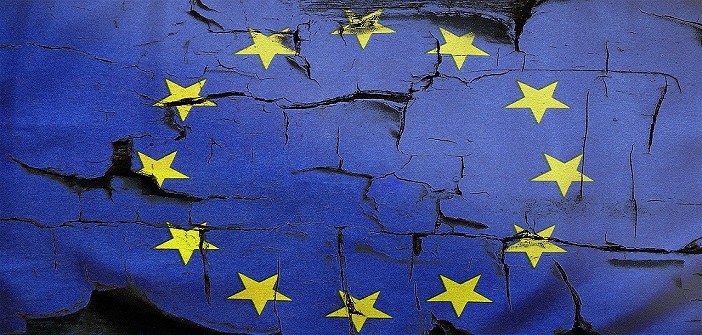It’s a European celebration marked by the pandemic, as was the case last year. But this time, the Union, which its citizens feel the need for when they notice its absence, comes to the rescue.
This May 9, the day known as “Saint Schuman” by the eurocrats, also marks the start of the Conference on the Future of Europe: an institutional and diplomatic exercise with broad popular participation, albeit virtual, thanks to the support of a multilingual digital platform.
The aim is to outline the next steps for European integration, including, for example, giving the Union competences in health and immigration, two areas in which the EU is often called upon but in which it is essentially defenseless, almost completely lacking authority.
This is what the Eurobarometer data on the future of Europe, published by the Parliament on the eve of the conference’s launch, indicates. The survey notes that:
- Eight out of ten Europeans (81%) believe that better EU management of crises such as the pandemic should be a priority;
-
Two-thirds of Europeans (66%) think that the EU provides a future outlook for young Europeans. And 65% see the EU as a place of stability in a turbulent world;
-
More than two-thirds of respondents are in favor of electing the President of the Commission by choosing the lead candidates in the European elections. Less than a quarter (22%) are not in favor of this process;
-
42% of European citizens view positively the possibility of voting for transnational lists in the European elections; less than one in five (19%) are opposed to it.
Europeans who wish to get involved in the Conference on the Future of Europe want to do so through local-level meetings, with debates or assemblies (44%). However, polls (34%), presenting ideas and proposals to European and national politicians (31%), and online consultations via discussion platforms (30%) are also well-received.
A fervor that deserves the respect and attention of institutions and governments. And positive comments.


